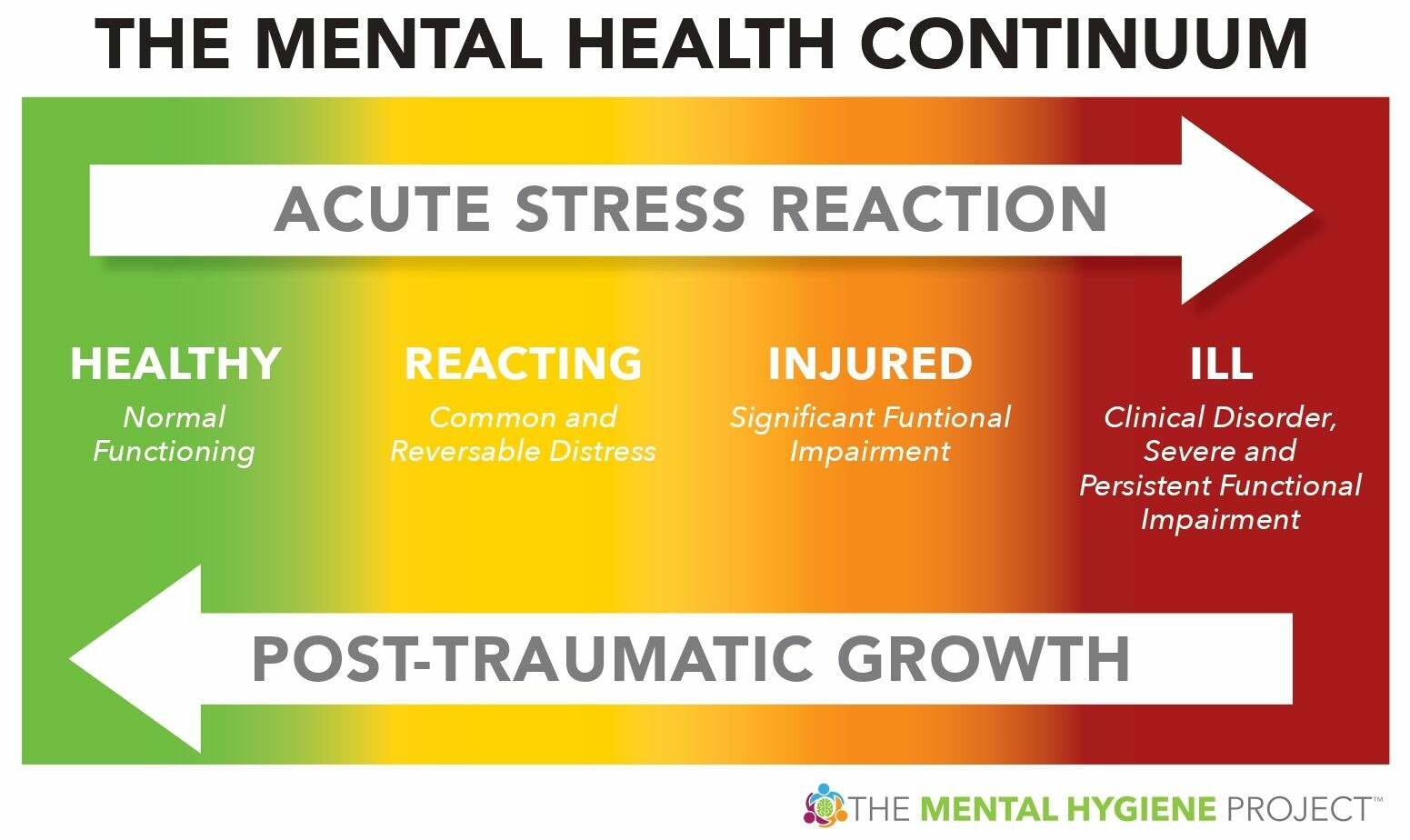


About The Mental Hygiene Project
Mission –To educate, empower, guide and lead both public and private sector organizations in the awareness and prevention of mental health injuries through providing relevant, customized and transformational training and development.
Vision –To enhance understanding of and training for all facets of individual and organizational mental health which leads to a more fulfilling, productive workplace and a more prosperous and thriving community.
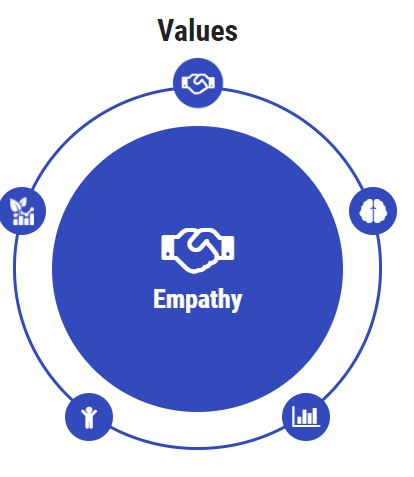
Let us know how we can help you promote Mental Hygiene in your organization!
Contact us:
352-434-9119
407-375-8271
Ryan Gallik and Michael L. Stahl have been featured in and appeared on the air with these fine media outlets…
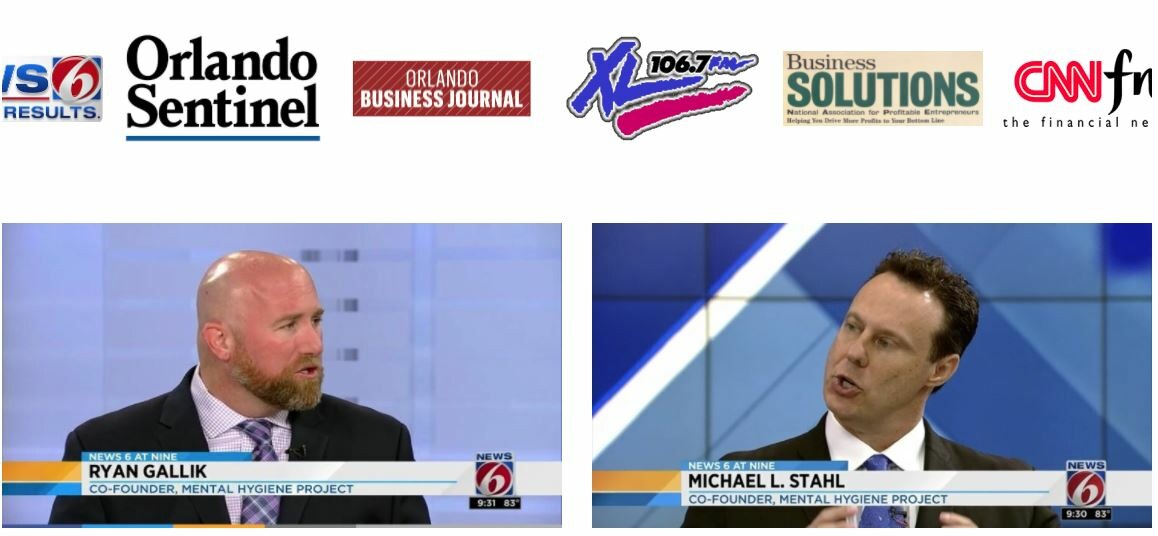
Ryan Gallik and Michael L. Stahl appearing on News 6, a CBS-affiliated station, discussing The Mental Hygiene Project. The news anchors conducted an interview with Ryan and Michael about the impacts of mental health injuries in the workplace. We also discussed how our training is customized to mitigate and avoid those kinds of mental health injuries while improving productivity and performance at the same time.
Did you know…
It is estimated that 30 percent of first responders develop behavioral health conditions including, but not limited to, depression and post-traumatic stress.

Michael L. Stahl appearing on the CNN FN show “For Entrepreneurs Only” discussing how to avoid and overcome burnout. He was asked about and shared specific strategies on how to decrease workplace stress and recover from work-related burnout.
Did you know…
As of May, 2019, The World Health Organization has officially recognized burnout as a legitimate diagnoses. Burnout is now classified as “a syndrome conceptualized as resulting from chronic workplace stress that has not been successfully managed”.
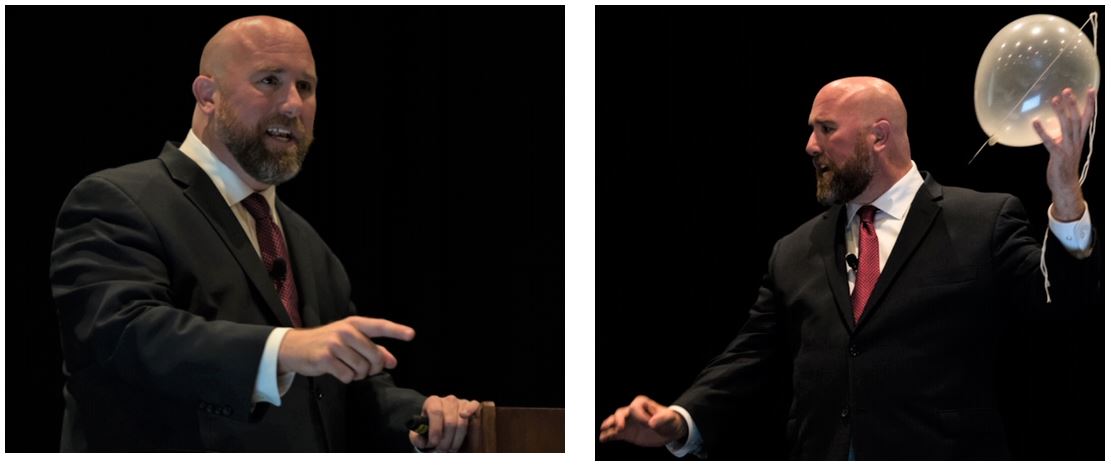
Ryan Gallik presenting a keynote speech to Preferred Governmental Insurance Trust on how to achieve Mental Hygiene in the workplace.
“Ryan’s presentation on Mental Hygiene in the Workplace was energizing, informative and incredibly relevant. Ryan is a first rate speaker whose knowledge, passion and skills inspire listeners to take action. Ryan has presented to, worked with and helped hundreds of our clients. He is a true resource to foster effective Mental Hygiene in the Workplace.”
Kevin Meehan
Vice President
Public Risk Underwriters of Florida, Inc.

Michael L. Stahl has spoken to audiences of all sizes around the US and abroad. Whether it is a small setting or a large convention center, Michael brings high-energy interaction, passion and a powerful message of overall health and wellness.
“Michael, your talent, enthusiasm, professionalism and high-energy conference facilitation made our travel congress a huge hit. You absolutely electrified 700 people for four days!…You are the best I’ve seen.”
Betsy Sell
Managing Director of Worldwide Travel Alliances
AAA
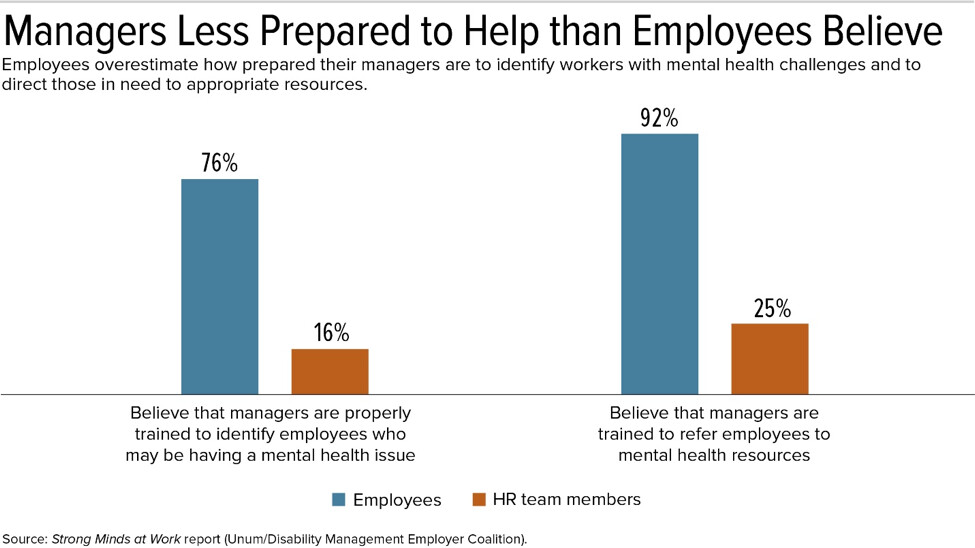
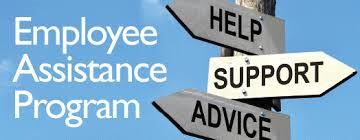
Human Resources Connection
Mental health initiatives are no longer in the shadows from a human resources perspective. The largest companies in the world have now realized the need for comprehensive mental health training, programs and leadership development that focuses specifically on how to promote Mental Hygiene in the workplace.
More than 40 CEOs from large companies partnered with the American Heart Association (AHA) to promote mental health-friendly workplaces.
The AHA CEO Roundtable report, Mental Health: A Workforce Crisis, analyzed findings from several studies on employee mental health issues.
An astonishing fact is that the gap between what employees and human resources professionals believe about mental health knowledge and resources in the workplace is larger than most people understand.
The Mental Hygiene Project can help you and your organizational team improve your mental health initiatives, training and resources in every area so your human resources professionals are properly prepared and your employees are getting the support they need and deserve.
- Leadership. Visibly position leaders to champion a mental health-friendly workplace.
- Engagement. Involve employees in all aspects of mental health-related workplace decision-making.
- Benefits. Offer a comprehensive package of employee-centered medical benefits and programs. Develop and implement a mental health plan that makes accessing these resources easy for employees.
- Communications. Communicate clearly and often to employees about the organization’s mental health policies and benefits.
- Community partnerships. Use community partnerships to promote the objectives of the mental health plan, such as community-based organizations that provide mental health services.


- Workplace stress continues to contribute to increased mental and physical impairments: 80% of employees stated that workplace stress affected their personal relationships.
- 35% of employees “Always” miss 3-5 days a month because of workplace stress.


…indirect costs of mental health disorders — particularly lost productivity — exceed companies’ spending on direct costs, such as health insurance contributions and pharmacy expenses. Researchers suggest that companies should invest in the mental health of workers — not only for the sake of the employees but to improve their own bottom line.
NOTE: Public sector organizations also want to make the best use of their human resources and improve productivity.
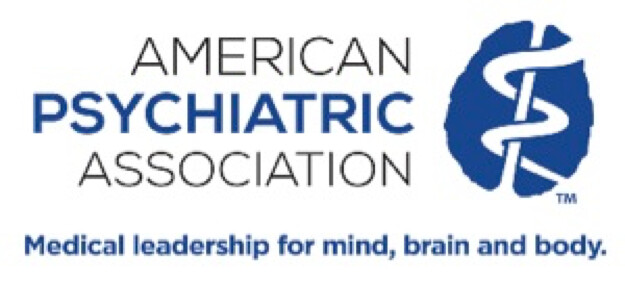


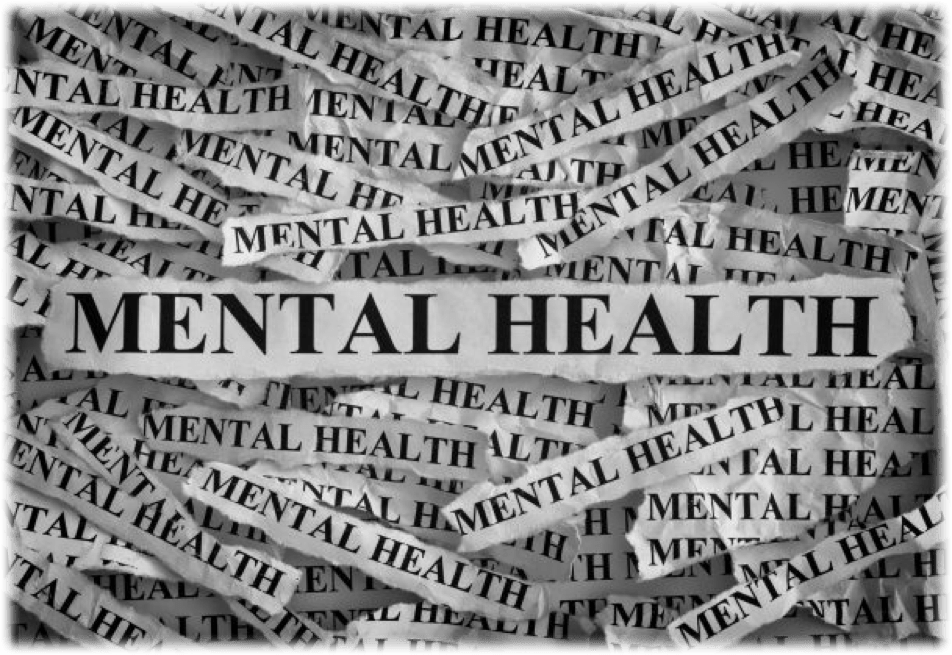
Reducing the stigma of mental health issues starts with education and proper training at all levels in both schools and the workplace.
Companion subjects like leadership development, conflict resolution, stress management, how to deal with difficult people and other competencies contribute to a healthy workplace, lower risk, more productive employees and vibrant communities.
Acute Stress Reactions
